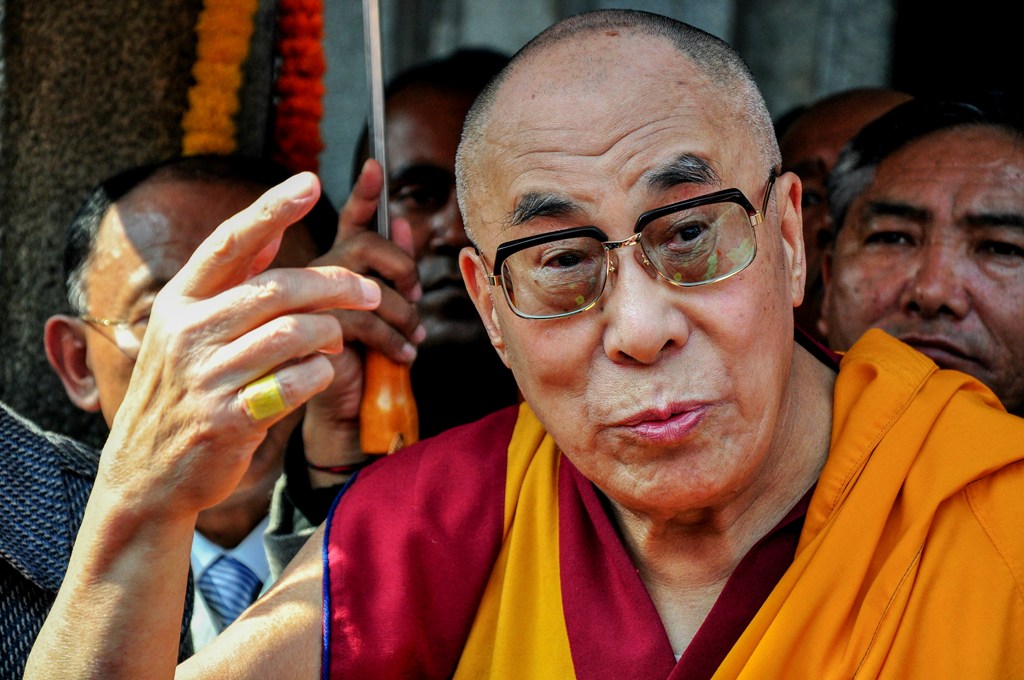Tibetan spiritual leader the Dalai Lama has announced that the institution of the Dalai Lama will continue after his death, and that the authority to recognise his reincarnation lies solely with the Gaden Phodrang Trust.

The announcement came on July 2 during the opening of a three-day Buddhist religious conference in McLeodganj, near Dharamsala, where the Dalai Lama has lived in exile since 1960.
In his statement, the 14th Dalai Lama referred to a message he had given in 2011, in which he had said that the continuation of the institution of the Dalai Lama would depend on the wishes of the Tibetan people and other followers of Tibetan Buddhism.
He recalled that since 1969, he had repeatedly stated that the future of the institution should be decided by concerned people. He added that over the years, many religious leaders, members of the Tibetan parliament-in-exile, the Central Tibetan Administration, and followers from inside Tibet and other countries had written to him, requesting the continuation of the Dalai Lama’s lineage.
Statement Affirming the Continuation of the Institution of Dalai Lama
— Dalai Lama (@DalaiLama) July 2, 2025
(Translated from the original Tibetan)
On 24 September 2011, at a meeting of the heads of Tibetan spiritual traditions, I made a statement to fellow Tibetans in and outside Tibet, followers of Tibetan… pic.twitter.com/VqtBUH9yDm
The Dalai Lama said that these appeals had convinced him to affirm that the institution would continue. He also clarified that the recognition process of the next Dalai Lama was outlined in the 2011 statement and would be carried out according to Tibetan tradition.
The Gaden Phodrang Trust, which was set up to preserve Tibetan culture and support people in need, will carry out the process in consultation with the heads of various Tibetan Buddhist traditions and other spiritual sources. He stated that no outside authority has the right to interfere in this matter.
The Dalai Lama, who turns 90 on July 6, also assured his followers that he remains healthy and will continue to serve humanity and promote Tibetan culture and Buddhist values. He spoke of his decades-long efforts to promote peace, human values, and inter-religious harmony, and said that his life in exile has been dedicated to preserving the unique Tibetan identity and culture.
He recalled that he had to flee Tibet in 1959 after China crushed an uprising against its control. Disguised as a soldier, he left the Norbulingka Palace in Lhasa and crossed into India after a difficult journey. He was only 25 at the time. Since then, he has lived in India as a respected guest of the Indian government and has led the Tibetan people from exile, first from Mussoorie and later from Dharamsala.
The Dalai Lama’s recent book, In Voice for the Voiceless, also reflects on his long journey, his meetings with Chinese leaders, and the continued struggle of Tibetans under Chinese rule. Today, around 1,00,000 Tibetans live in India along with the Tibetan government-in-exile. The Dalai Lama continues to be seen by his followers as a symbol of compassion and a guiding force for Tibetan culture and religion.


